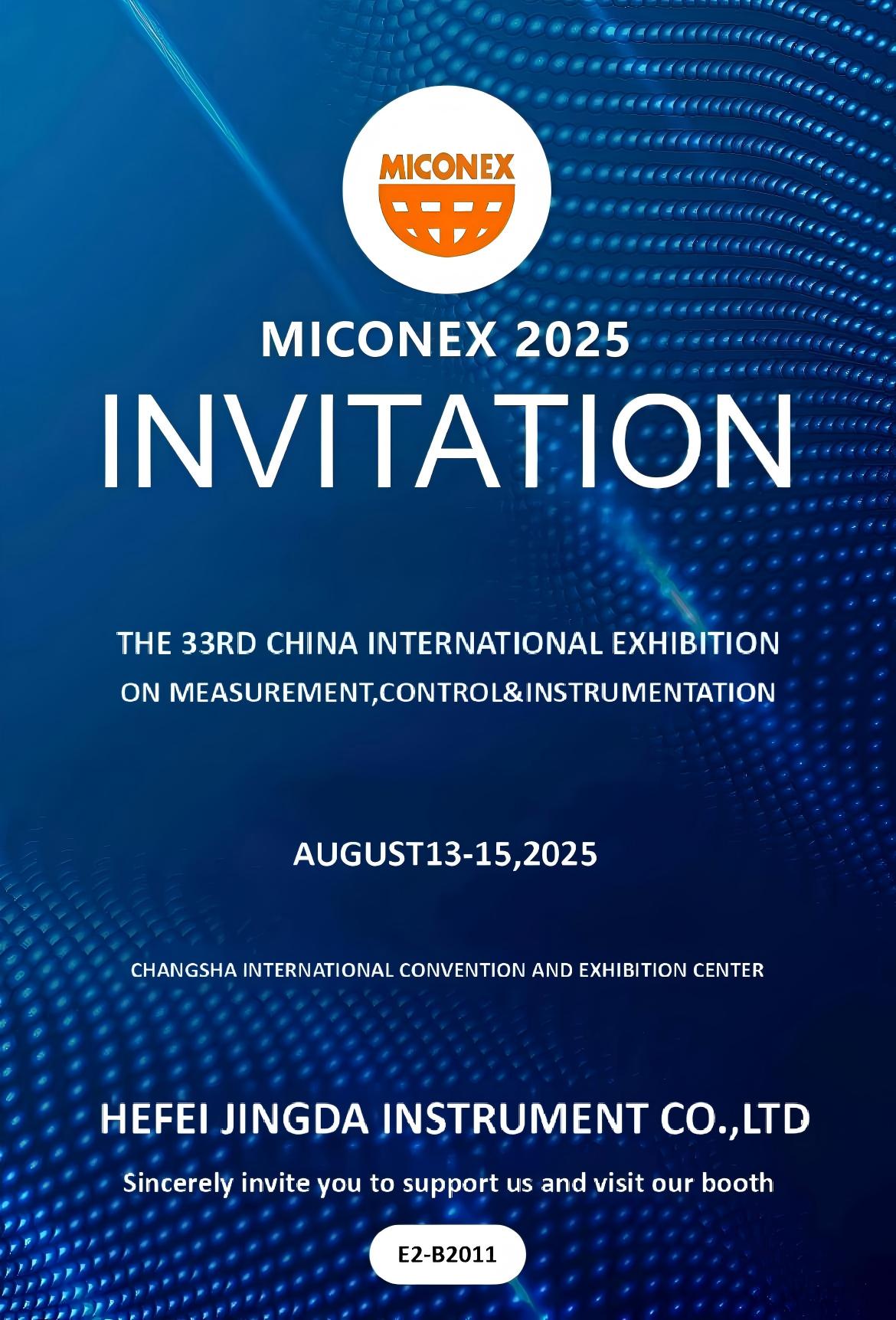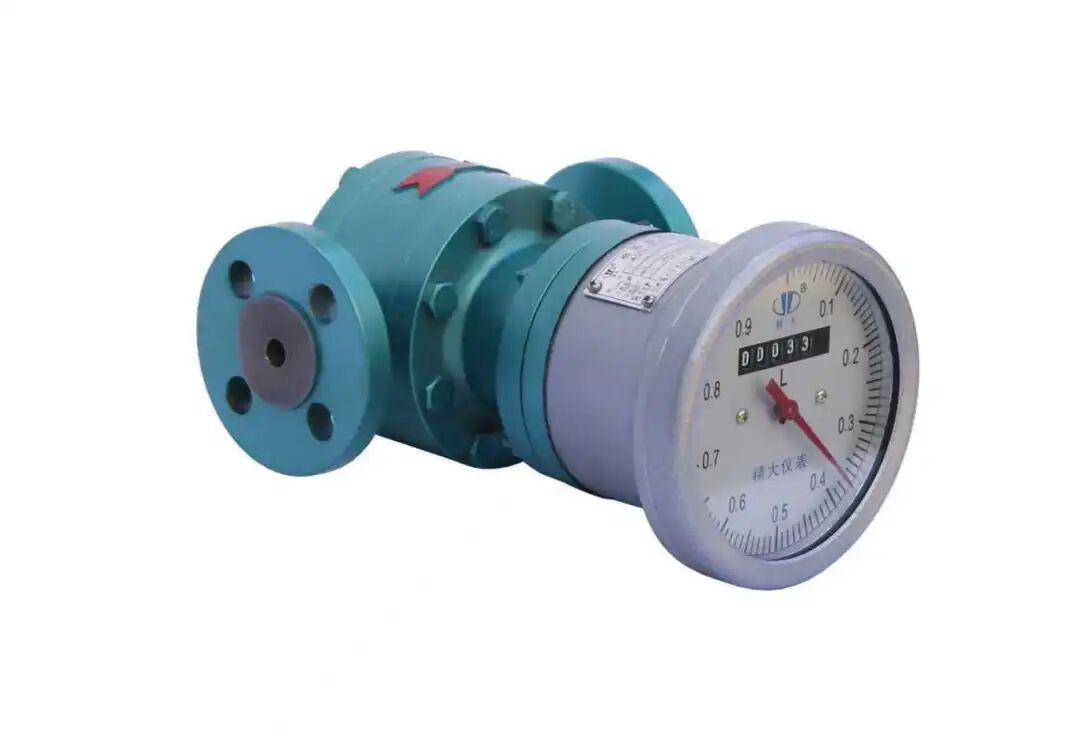液体流量測定における環境配慮
リリース時間: 2025-08-22
目次
工業生産において、液体の流量測定は、原材料の流れ、完成品の生産、そしてエネルギー消費に関わるプロセスにおいて重要な役割を果たします。しかし、液体の流量測定は円滑な生産を確保するだけでなく、環境保護にも深く関わっています。流量計の選定と使用において、環境要因を考慮することはますます重要になっています。
1. 省エネと排出削減
世界的な環境保護基準の強化に伴い、多くの産業プロセスにおいて省エネと排出削減が重視されています。液体流量測定技術も例外ではありません。 効率的で正確な流量計企業は不要なエネルギーの浪費を削減できます。例えば、電磁流量計はエネルギー効率に優れた機器であり、可動部品を必要としないため、エネルギー損失を低減します。したがって、このタイプの流量計を選択すると、測定精度が向上するだけでなく、長期的なエネルギー消費量を削減し、環境に良い影響を与えます。
2. 廃水とガスの排出削減
化学工場や製薬工場などの産業では、正確な液体流量測定が廃水やガス排出量の削減に役立ちます。材料の流れを正確に制御することで、原材料の過剰使用を回避し、有害な廃棄物や汚染物質の発生を防ぐことができます。例えば、医薬品製造においては、正確な流量測定によって適切な量の化学物質を添加することが保証され、廃棄物や環境汚染を回避できます。
3. 環境規制とコンプライアンス
世界中の政府および環境機関は、産業施設に対し、生産中の環境への影響を最小限に抑えることを要求するさまざまな環境規制を制定しています。 液体流量計 この分野では、流量計が重要な役割を果たします。多くの流量計には自動データ記録機能が搭載されており、正確な流量監視と記録を提供することで、企業はコンプライアンス検査において正確なデータを提示し、環境規制違反を回避することができます。これは特に石油、ガス、化学などの業界では非常に重要です。流量計は液体の流量を効果的に監視し、排出制御システムの適切な機能を確保することで、水や大気などの天然資源への汚染を軽減します。
4. 環境に適した流量計の選択
産業環境によって、流量計に対する要求は異なります。例えば、極端な温度環境や腐食性の高い液体を扱う環境では、標準的な流量計では長期間安定した性能を維持できない場合があります。このような場合は、高温や腐食に耐性のある流量計を選択する必要があります。特定の環境向けに設計された流量計を使用することで、正確な計測が保証されるだけでなく、機器の故障を減らし、機器の寿命を延ばし、機器の損傷による環境への影響を最小限に抑えることができます。
5. 将来展望:グリーンテクノロジーの発展
技術の継続的な進歩により、環境に優しい流量計技術がますます登場しています。例えば、 スマート液体流量計 リアルタイムの監視とデータ伝送が可能で、ライブデータに基づいて最適化の判断を下すことで、無駄を削減し、効率を向上させることができます。これらの先進技術の応用は、産業分野における環境保護への取り組みをさらに推進し、生産プロセスをより持続可能で環境に優しいものにします。
6. 結論
結論として、液体の流量測定は生産効率と精度に関係するだけでなく、環境保護においても重要な役割を果たします。適切な流量計、精密な流量制御、そして環境基準に適合した技術を選択することにより、企業は効率的な生産を確保しながら環境保護に貢献することができます。


